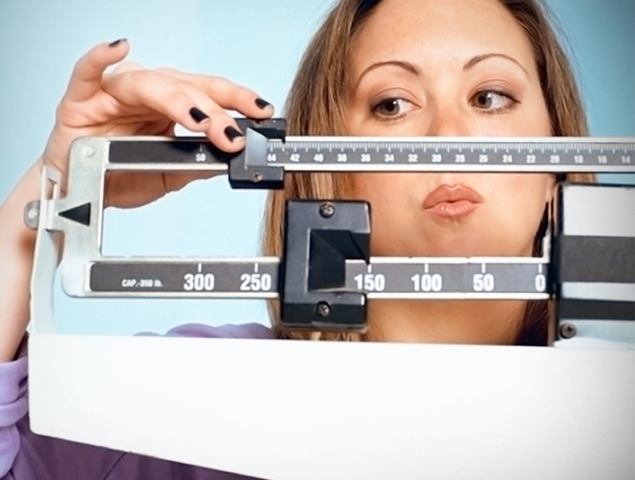Diet
YOU CAN ENJOY WHAT YOU EAT AND STILL LOSE WEIGHT
Enjoying a diet that is healthy, well balanced and, perhaps most importantly, sustainable is key to reaching your goal weight and staying at this weight. Remember, your diet shouldn’t be a short-term plan but a way of life.
Your diet shouldn’t be about depriving yourself. Instead, it should nourish your body, making you feel healthy, satisfied and full of energy. You may have tried to diet before, but without success. If so, it may be time to take our simple self-assessment quiz, and put your doctor on your side.
Healthy weight and diet
Our bodies need nutrients to give us the energy for our normal body functions, including cell metabolism, transporting substances around the body and maintaining the functioning of our muscles and organs.
The main sources of energy are carbohydrates, proteins and fats. These are also called macro-nutrients, as these are the nutrients that our bodies require in large amounts. The key to a well-balanced diet is to enjoy a variety of nutritious foods from each food group. Choosing the right foods and eating the correct amount of these foods is an important skill you will need to reach your goal weight and stay there.
Tips for maintaining a healthy diet and weight
Establish healthy eating patterns.
That means eating regularly, and being sure to eat breakfast. Skipping meals can leave you feeling hungry and more likely to snack on ‘junk’ food. Eat high fibre foods, and try to include protein in every meal, as these nutrients will help you feel fuller for longer. Also drink plenty of water throughout the day.
Learn to choose the right foods.
Eat plenty of vegetables, legumes and fruits as well as plenty of cereals, preferably wholegrain. Include lean meat, fish and poultry, as well as dairy, such as milk, yoghurt, and/or cheeses (preferably reduced fat) regularly in your diet. Always remember to drink plenty of water too.
Learn to limit “bad” foods.
It’s important to limit saturated fat and to moderate your total fat intake. You should also only consume moderate amounts of sugar and food containing sugars. Also, try to choose foods that are low in salt. If you do drink alcohol, limit your intake.
Learn to eat out sensibly.
Dining out doesn’t have to spell diet disaster. Plan ahead and choose a restaurant that has healthy options. Have a high-fibre snack (e.g. an apple) before you leave the house to help stop you from getting hungry. Be aware of portion size and always order any dressings on the side so you can choose how much you have. Avoid high-fat options – go for low-fat options instead. Try not to eat a three course meal – instead choose an entrée OR a dessert with your main course or share your entrée/dessert with someone else. Remember to ask for low- calorie or low-fat preparations of menu items. And be aware, when you drink alcohol you may be more tempted to make “naughty” food choices.
